Jasmines are the only flowers which are demanded on a large scale for their rich fragrance and beauty. Considered as one of the most important flower grown in Indian gardens, various species are cultivated with the purpose of purifying the garden atmosphere with their fragrance. In the commercial markets, Jasmines are demanded for their flower extracts in the form of perfumes, oils, concretes and as an essential ingredient in many cosmetics. Hence the value of this crop is very high in home gardens as well as commercially. Having its natural rich fragrance which is mostly high in the evening, the flower in floriculture is also known as “Queen of the night”. It is also one of the most important aromatic crops having high economic value which can be grown by every garden lover and commercial florists.
Major Products of Jasmine
Jasmine Oil: Extraction of Jasmine petals is a labor intensive process hence the oil is comparatively much expensive than other oils. The extraction is generally done by Chemical extraction method as the flower petals are very much delicate which can be destroyed during distillation process. To get sufficient oil, it is advised to harvest the flowers during evening to night as the aroma of the flower is higher.
Perfumes and other cosmetics: The oil of Jasmine is also used as a perfume of high grade. It is also used as an ingredient for soaps, cosmetics, and mouthwashes.
Incense Sticks: The highly fragrant flowers are also used to prepare incense sticks.
Jasmine Syrup: The jasmine Syrup is used as a flavoring agent for various beverages and recipes.
Jasmine Tea: The Green Tea when blended with Jasmine petals adds flavor to the tea and is mostly liked by Chinese.
Major Uses of Jasmine
Jasmine as a Flower: The highly fragranced flower is grown in the garden for its aesthetic value. The crop is also grown as a cut flower apart in addition to as a house plant and a garden shrub. In some parts of South and South East Asia, the flowers are also used by women for decorating their hair.
Processing of Jasmines: Some species of Jasmines are cultivated to yield essential oil which is used either as such or as an ingredient.
Jasmine as an ingredient: The extract obtained after fractional distillation of Jasmine Flower (Petals) is used as an ingredient for the preparation of various products such as Soaps and Perfumes, Oil, Incense Sticks etc.
Jasmine as a Flavor in the Tea: Jasmine Tea or Jasmine Flower Tea is generally consumed in China. Blending of Jasmine flowers with Tea adds flavor to it and thus enhances the taste of the tea. The process of Jasmine Tea starts with mixing of flowers with tea till the flavor is completely absorbed by the tea. Jasminum sambac is used to prepare Jasmine Tea.
Medicinal uses of Jasmine: Since ancient times, jasmine flowers are used for medicinal purposes. The essential oil present in the petals and sepals of flowers has anti-depressant, antiseptic, anti-inflammatory, aphrodisiac and sedative properties. Due to these properties, till today the oil is used to treat illnesses. Jasmine is used to treat cough, nervous exhaustion, depression, laryngitis, labor pains, uterus related disorders, and skin problems such as sensitivity and dryness. It is also used against muscular sprains.
We regularly publish informative videos on various “Food, Agriculture, Gardening and Horticulture” topics. You may view these videos here…
You may also check out our Digital Publishing Services for Food, Agriculture, Gardening and Horticulture Sector by visiting this link


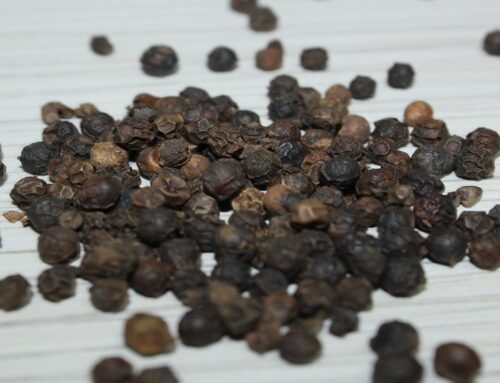
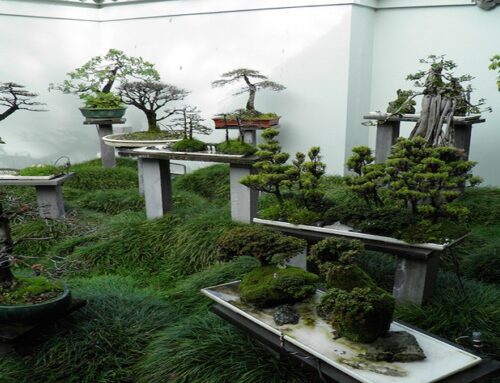
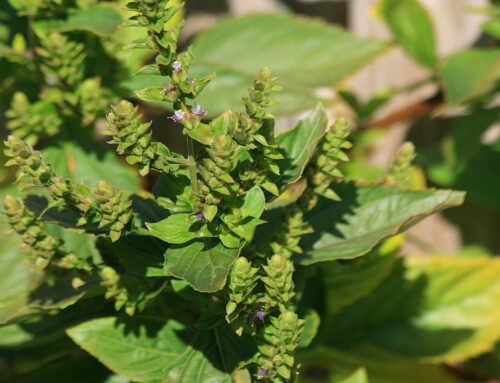
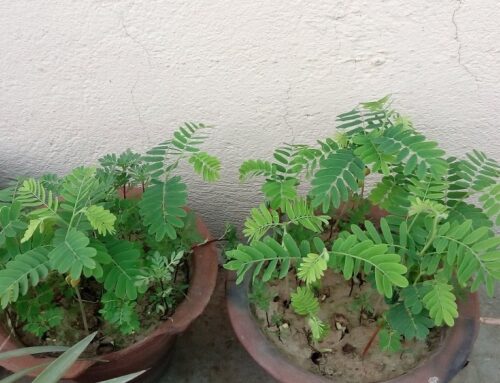
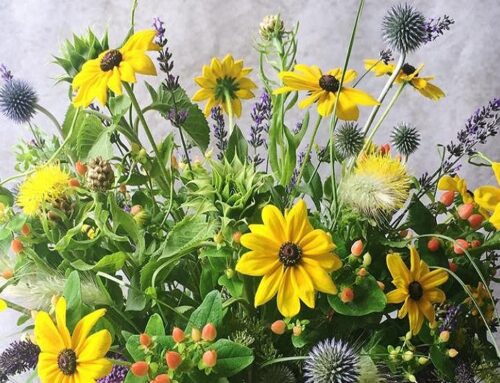
Leave A Comment
You must be logged in to post a comment.